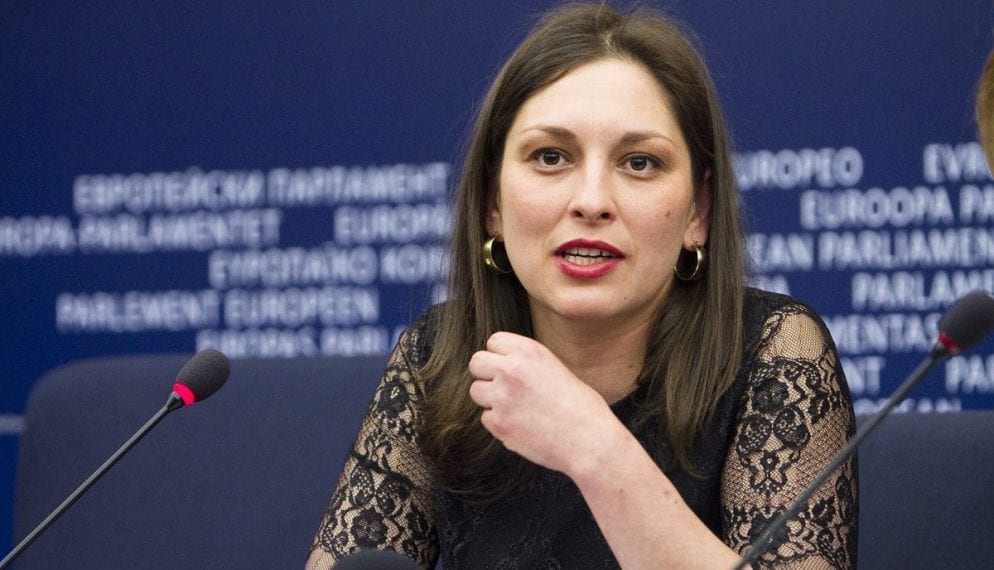
Active Roma participation at all levels of the Union!
2020. 10. 07.
Fidesz MEP Lívia Járóka, Vice-President of the European Parliament welcomes the new 10-year plan to support Roma integration and participation in the EU launched by the European Commission today. The European Union has been fighting for many years for the European integration of the poorest and, above all, the Roma communities. At the beginning of the 2000s, at the initiative of Hungary, the European People’s Party (EPP) was the first political group in the European Parliament to want to make the Roma issue an integral part of the EU discourse. Járóka emphasized that the first Roma framework strategy in 2011 and the subsequent Roma integration programs were important milestones in this noble task and today is a similar milestone.
She was particularly pleased that the Commission is focusing on seven key areas in its package, which – we have stressed since 2004 and which have been priority for the Hungarian Presidency in 2011- in addition to education, employment, health and housing, now include also equality, inclusion and participation. The Commission has set new targets and promising recommendations for Member States in all areas. According to the new report based on rights and responsibilities, the involvement of Roma communities from the planning phase of the processes to implementation and monitoring is of paramount importance, which will finally create the opportunity for stronger and more successful Roma participation. In addition to the financial and institutional framework, it intends to make the reinforced control mechanism an integral part of integration processes. In the spirit of subsidiarity, it also pays special attention to disseminating local good practices and implementing integration programs on the ground.
With regard to the minimum targets to be achieved, it is also to be welcomed that the European Commission has set specific and objectively verifiable targets. Reduction of discrimination against the Roma, the poverty gap and the employment gap, and at least halving the gender employment gap can lead to grandiose changes. Increasing life expectancy at birth, reducing the proportion of inadequate housing conditions and reducing the number of segregated classes in schools are key elements of the document. Monitoring access to clean drinking water for the Roma is particularly welcome. The common goal of the European Union is to have access to tap water for at least 95 percent of the Roma by 2030.
The possibility of equal access to health care and the emphasis on the importance of disease screening are also key elements for successful integration. Thus, the promotion of health education and a health-conscious lifestyle should be a key element of the Union’s Roma integration programs over the next ten years.
However, in order to achieve all these objectives, the most important thing is to emphasize the responsibility of the Member States. The common value of the European Union must be to ensure equality and mutual respect, so improving the living conditions and prospects of Roma people must also be of pan-European interest. I therefore call on the German Presidency and the governments of the Member States to commit themselves to implementing the program as soon as possible and in full – said Járóka.